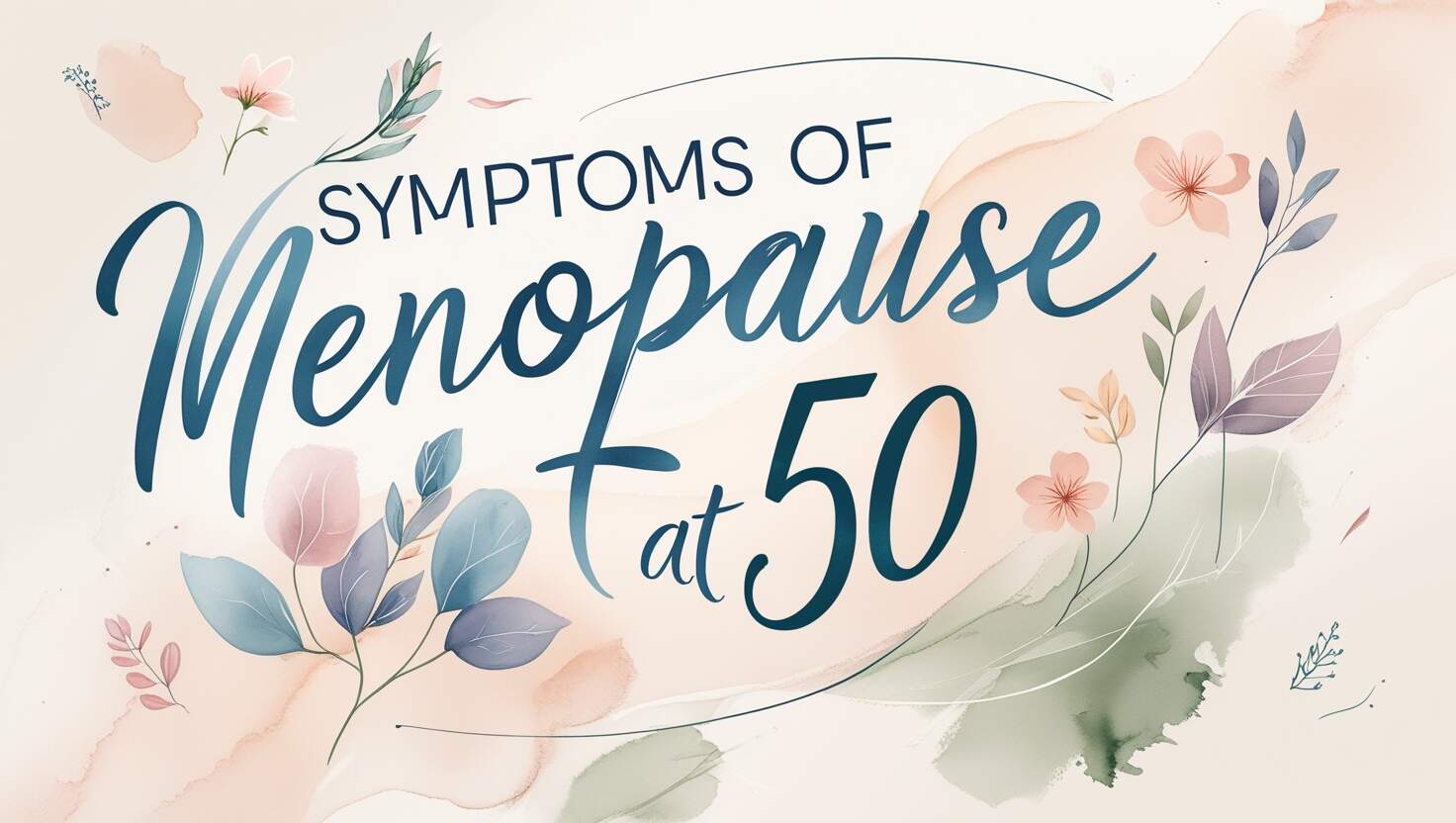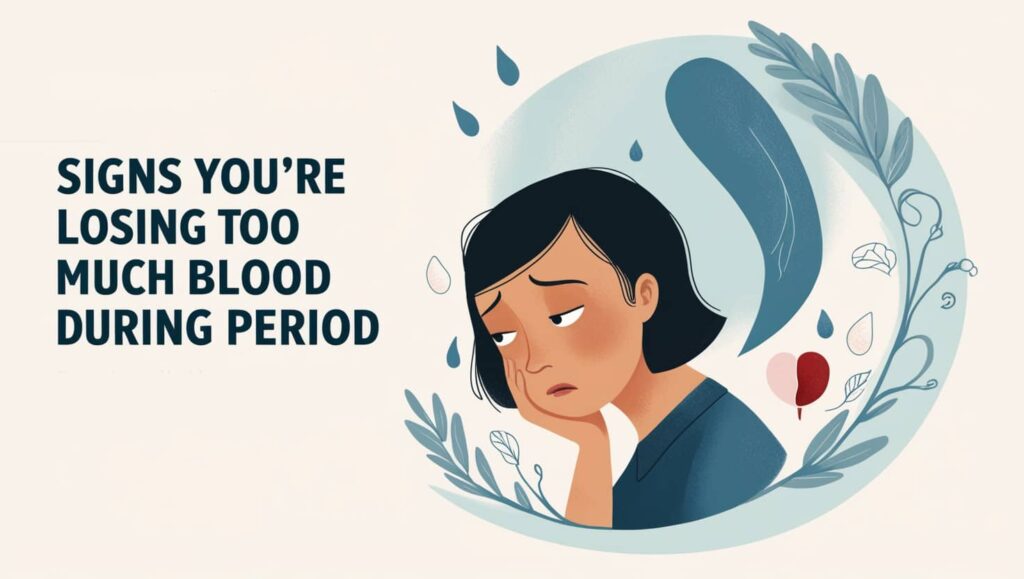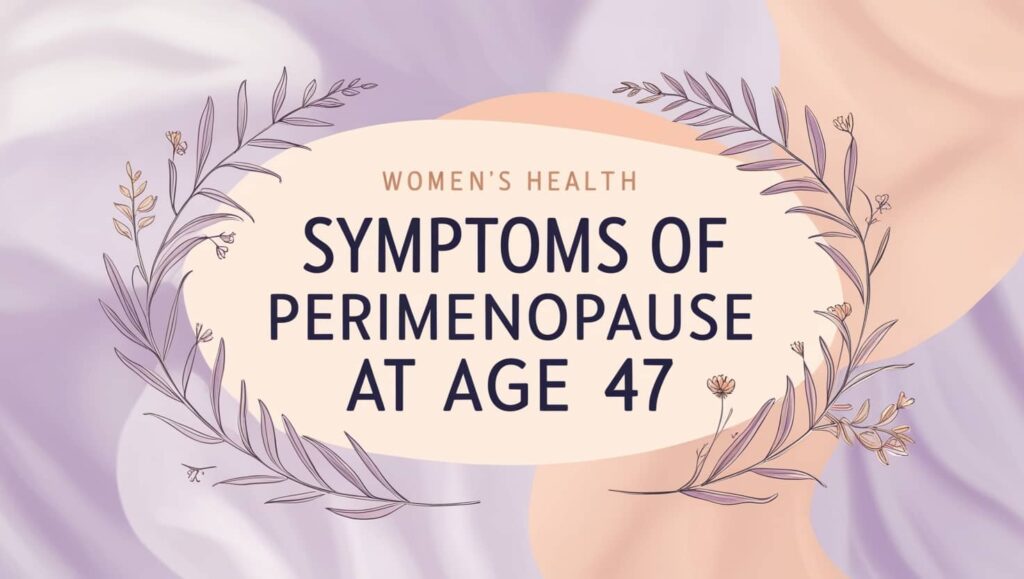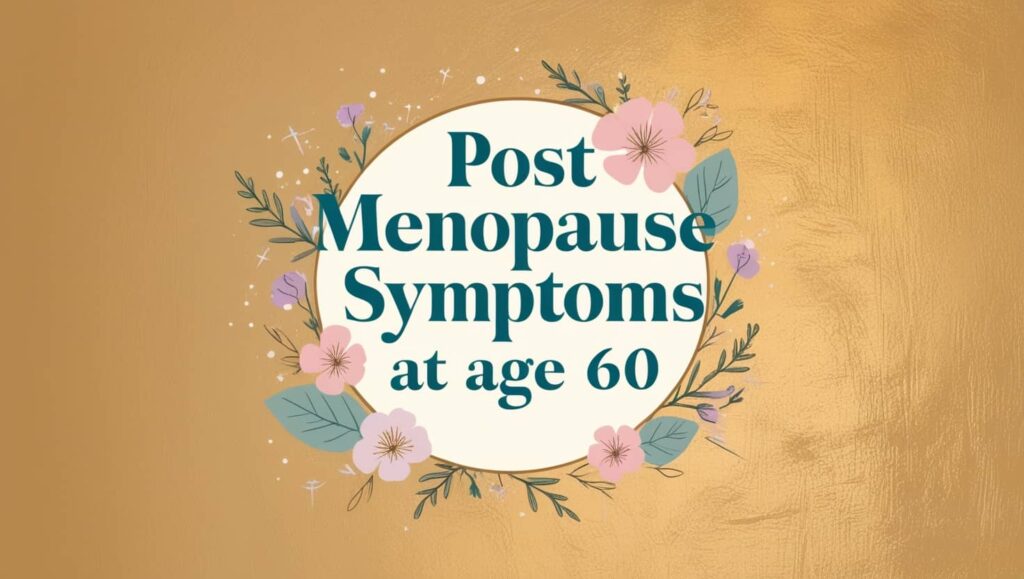Menstrual periods end at menopause, which is brought on by a decrease in the ovarian hormones “progesterone and estrogen” production. Individual experiences differ, and some women seek medical treatment for symptom management, even though menopause is a typical event for women. Some women have no or moderate symptoms of menopause at 50 and may even feel glad that they no longer have to worry about their cycles or becoming pregnant.
Thank you for reading this post, don't forget to subscribe!Recognizing Common Menopause Symptoms
Women may have symptoms of menopause at 50 such as:
Hot flashes and night sweats
A hot flash is a sudden sensation of heat, typically in the upper body and face. Your cheeks and neck may get flushed. Red spots might form on your chest, back, or arms. Night sweats are hot flashes that occur at night and may disrupt sleep. Most hot flashes endure 30 seconds to 10 minutes. They can occur many times an hour, a few times per day, or perhaps once or twice a week.
Loss of bladder control
many women experience bladder or urine difficulties. Incontinence refers to a loss of bladder control. Menopause also raises the risk of urinary tract infections.
Sleeping problems
Around midlife, some women begin to have difficulty sleeping well. Perhaps you have trouble falling asleep or wake up too early. Night sweats or the desire to pee may wake you up.
Changes in vaginal health
Around menopause, the vagina may dry out, making intercourse painful. Some women may feel more free and comfortable knowing they cannot become pregnant after a year without a period. However, they may still be at risk of sexually transmitted infections like gonorrhea or HIV.
Mood shifts
Around menopause, you may experience mood swings or increased irritability.
Physical and mental changes
- Your body shape appears different. Your waist might expand. You might lose muscle while gaining fat.
- Your skin may thin and become drier.
- while your joints and muscles may feel tight, weak, and achy.
- You may have memory issues or difficulty focusing. Such alterations and their relationship to hormonal changes and aging.
- joint and muscle soreness.
Menopausal symptoms can persist anywhere from two to eight years; however, the timing and severity vary greatly amongst women.
How Menopause Affects the Body
During the menopausal transition, the body’s production of estrogen and progesterone, two hormones produced by the ovaries, decreases significantly. Changes in these hormones might explain the symptoms of menopause at 50 that some women experience during this period.
Furthermore, during the menopausal transition, the body changes its energy metabolism. The distribution of fat in the body varies, and women may acquire weight more easily. They may also notice changes in their bone density, cardiovascular health, body form and composition, or physical function.
Managing Symptoms Through Lifestyle Changes
PMS symptoms can cause feelings of inadequacy in handling life. To manage PMS, incorporate techniques like:
- adequate sleep: Ensure 8 hours of sleep, follow a sleep routine, keep pets out of the bedroom, and wear eye masks and earplugs.
- Physical activity and exercise, such as aerobics, can boost oxygen production and serotonin levels.
- Relaxing: Spend time unwinding, using relaxation methods like deep breathing and stretching, can ease pain and relax muscles.
Read Also: Where Is Estrogen Produced?
Reference
- National Institute on Aging. (2021, September 30). Retrieved from What is menopause?
- Nelson, H. D. (2008). Menopause. The Lancet, 371(9614), 760–770.
- Peacock, K., & Ketvertis, K. M. (2022). Retrieved from Menopause







